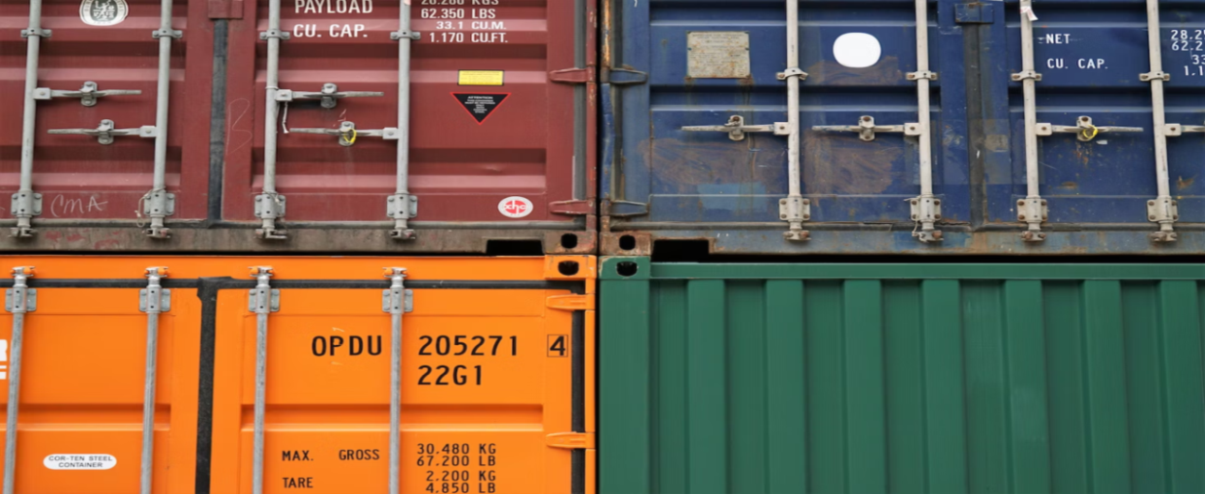
African governments are earning big now thanks to an uptick in commodity prices. Oil, for instance, is surging after OPEC cut supplies. Demand for commodities in China is also rising as post-COVID-19 recovery gains momentum. However, concerns linger even as African governments swim in the money generated due to rising commodity prices.
One needs to contextualize the factors that affect commodity prices to understand why there are concerns. So, what drives commodity prices, and how do these present risks and opportunities for African governments?
Geopolitics
Geopolitics is one of the critical drivers of commodity prices, especially oil. To understand this better, one must look at oil prices since Russia invaded Ukraine. Due to the supply disruptions that this war created, oil prices went up. For Africa, such geopolitical issues pose both risks and opportunities. That’s because while they can increase prices in the short term, the net effect may be harmful when you factor in other disruptions such political issues bring.
One such concern has been grain shortages. Many African countries, especially in Sub-Saharan Africa, are not food secure, so they will have to pay more to obtain food for their people even as commodity prices rise.
Global Demand
Besides geopolitics, global commodity demand is a major reason commodity prices are rising. This demand is mainly coming from China, which is recovering after a prolonged COVID-19 lockdown. As the Chinese economy gains traction, there is a good chance that Africa’s economies will boom from increased commodity prices. The only caveat is that, with the growing geopolitical tensions between the US and China, the global economy may slow down in the medium term and, by extension, affect commodity prices in the coming years.
While all these concerns present risks for African economies, there are mitigation factors that Africa can put in place to ensure that the gains reaped today last. Among the measures that Africa can take are as follows:
Investments In Capacity Building
For a long time, Africa has relied heavily on the export of raw commodities. This means African economies are heavily tied to the fluctuations of the commodities markets. This can change by encouraging the processing of raw materials into finished products before exporting them. For instance, since Africa produces some of the raw materials needed for making smartphones and electric cars, they can encourage companies to set up production bases within the African continent. This can create jobs and reduce the overreliance on raw commodity exports.
Enhancing Transparency
While commodity prices have always come up and down for decades, Africa has largely been unable to capitalize on the gains that come with the same. This has a lot to do with inefficient systems capable of distributing wealth to most of the population. Africa can deal with this problem by creating systems that are accountable to the people. Through accountability, commodities money can be used to build schools, hospitals, and other infrastructure that can help improve the people’s capacity.
Future Outlook
Despite all the concerns with African resources, the outlook is bright. More African countries now have better governments anchored on democratic ideals. The manufacturing sector is also growing across Africa, which means value addition will triumph over the export of unprocessed raw materials over time. As such systems evolve, so will the reduction in the risks that come with the continent’s overreliance on the export of raw materials.
Recap
Africa is experiencing a commodities boom, but concerns linger about whether this will benefit the continent. While in the past, such commodity booms have not done much for the continent, the growing democratic space and improving education means that money can be utilized better over time for the benefit of all.

